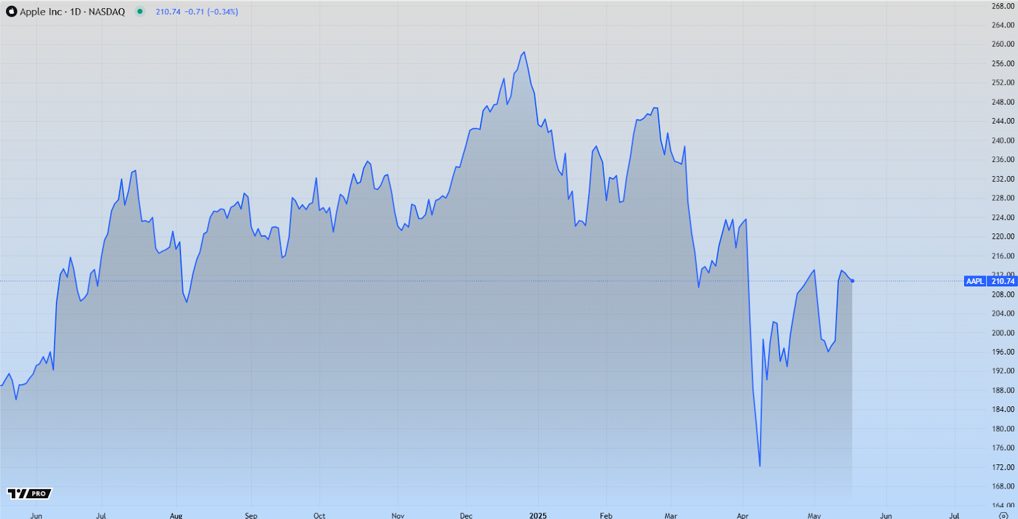To maintain your credit score you first need to understand what it is and how it works.
The credit score is a numerical analysis of your credit statements, it represents the financial stand of any individual. This credit score is generally based on the credit report of several financial data sourced from various resources. Any lender starting from credit card companies to banks utilizes the data presented by this analysis to help evaluate the amount they can lend you and at what percentage of interest will it be possible for you to repay them. This analysis is done to reduce their losses.

This evaluation will state your position and how much loan you qualify for and what are the credit limits. Several Financial Institutions also utilize this credit scores to analyze which consumer will be the most beneficial to them. This is an essential process and it is performed at every financial institution from government to private lenders, as credit scoring is also performed by other organizations except banks such as insurance companies, cell phone companies, other government departments, and even landlords. In today’s world, you can also borrow online and these digital financial companies also evaluate your credit score to understand your creditworthiness.
To improve and maintain your credit score
First of all, to maintain and improve your credit score you need to keep a regular check on it which is easy to do online. When you receive the data analysis of your financial status you will also be able to understand which are the factors that are affecting your credit score in a negative way. These individual points will assist you in understanding where you need to improve to stabilize your credit score. This cannot be done overnight you need to follow a calculator procedure to see any noticeable change in your credit score.
There are certain credit score points that are much more significant than the others they are credit utilization ratios and payment history. These two points mix up about 70% of your credit score ratio which is why it’s much more influential than the other points.
There are some steps mentioned below to improve and maintain your credit score. Try to follow these steps-
Tips to Boost Your Credit Score
-
Timely Bill Payment
Your lenders are extremely interested in your credit report specially to check if you reliably pay your bills or not which gives them a basic idea about your diligence. Through this performance, they will evaluate your future performance. To ensure a positive record you need to pay your bills on time to have a positive influence on your credit score. Delaying payments or settling accounts for lesser than agreed can have a negative effect on your credit score.

Your credit score is not only evaluated on the basis of just loans and credit card bills it also includes student loans, auto loans, rent, phone bills, utility bills, and all other kinds of official bills. That is why it is necessary for you to pay these bills on time. You can also utilize the help of modern tools such as calendar reminders or auto payments for such bills.
If you haven’t paid for a long time you need to make it current as quickly as possible. Your older late payments may not have such a great impact on your present credit score but recent bill payments can be affected negatively if there is any late payment or pending bill.
-
Pay of all Your depts
As previously mentioned credit utilization ratio is one of the significant factors of your credit score and it is calculated by adding your credit card balances at any point and dividing the result by your full credit limit. To help analyze the average of your credit utilization ratio go through the credit card statements of the past 12 months, and also the balance statement of each month and then divide it by 12 the result is how much credit you utilize on an average every month.
Generally, lenders especially banks, Insurance companies, and other financial Institutions accept a ratio of about 30% or less if possible. Most people with average credit scores generally have an extremely low credit utilization ratio. This average result analysis tells your lenders about your credit management skills which will have a positive impact on your performance. It is advised to keep your credit balance as low as possible.
-
Don’t close existing credit cards and neither apply for more.
You may have credit cards that are seldom utilized but keep them open if they are not costing you any annual fees. This strategy is a smart one as closing one of your credit accounts can negatively affect your credit utilization ratio on the whole. That is why having the same amount but with few open accounts can help lower the credit scores. But you cannot open a new account just to get a good credit mix it may not stabilize your credit score. It can indeed harm the credit score in several ways such as developing more hard inquiries on the credit report and you can also overspend on top of the already unpaid debt.

The evaluation of credit scores involves complex procedures and calculations which must be done from trusted organizations otherwise, in case there is any problem it might affect your performance analysis negatively. The negative information of your credits generally remains on your credit score analysis report for about 7 to 10 years. Any missed bill payments or bankruptcies won’t vanish from your report even if you have already paid it off. But generally, lenders focus on recent information and your performance especially how you pay your bills and is it on time or not.
A positive credit score can help you qualify for the best rate of interest and other terms when you are bound from lenders. The positive data will influence them to provide favorable terms. If you are leasing a smartphone then telecom companies will also analyze your credit score, landlords will also go through your credit performance if you rent their apartment and many more benefits.
These points clearly establish how essential credit scores are for your financial well-being, it will be wise for you to ensure a stable credit score and have a positive credit performance to receive any of the benefits mentioned above. Keep a regular check on your credit score and report which will help you analyze the data and keep track of your expenditure. You will also be able to pinpoint the factors that are affecting your credit score negatively and focus on them to improve your credit performance.




